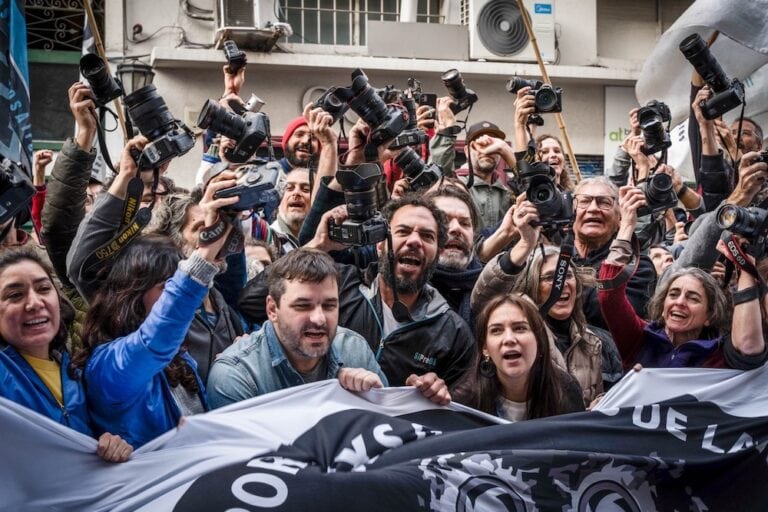Argentine authorities should conduct a thorough investigation into the surveillance of journalists under the previous presidential administration, and hold those responsible to account.
This statement was originally published on cpj.org on 18 June 2020.
Argentine authorities should conduct a thorough investigation into the surveillance of journalists under the previous presidential administration, and hold those responsible to account, the Committee to Protect Journalists said today.
On June 15, at the Federal Court of Lomas de Zamora, judge Federico Villena presented evidence showing that Argentina’s Federal Intelligence Agency had illegally surveilled Hugo Alconada Mon from March to November 2018, according to news reports and Alconada, who spoke to CPJ in a phone interview. The judge also exposed the illegal surveillance of politicians, according to those reports.
Alconada, an investigative journalist for the daily La Nación, said the surveillance coincided with his coverage of the Brazilian Lava Jato corruption scandal. In 2017, Alconada had reported that the Brazilian Federal Police were investigating Gustavo Arribas, then the head of the Argentine Federal Intelligence Agency, over his potential involvement in the scandal.
“There was an effort to try to identify my reporting sources,” he told CPJ.
“It is vital that Argentine authorities continue their investigation into the apparent surveillance of journalist Hugo Alconada Mon, and present its findings to the public,” said CPJ South and Central America Program Coordinator Natalie Southwick, in New York. “Authorities must once and for all make the necessary changes to ensure that the longstanding problem of surveillance of journalists in Argentina comes to an end.”
The surveillance took place under the administration of President Mauricio Macri, and was revealed amid an audit of the intelligence agency’s actions, which previously exposed that the agency had profiled hundreds of journalists, as CPJ has documented.
Villena presented WhatsApp text messages and audio files exchanged among intelligence agents coordinating the surveillance of Alconada, his home, his car, and his parents’ home in La Plata, the capital of Buenos Aires province, the journalist told CPJ. He said the evidence, which referred to Alconada as “Anaconda,” showed that agents were tracking his location and movements.
Since 2010, CPJ has documented examples of intelligence services surveilling journalists in Argentina.
CPJ was unable to locate contact information for the Federal Intelligence Agency to request comment. CPJ emailed the Argentine judiciary for comment but did not receive any reply.



